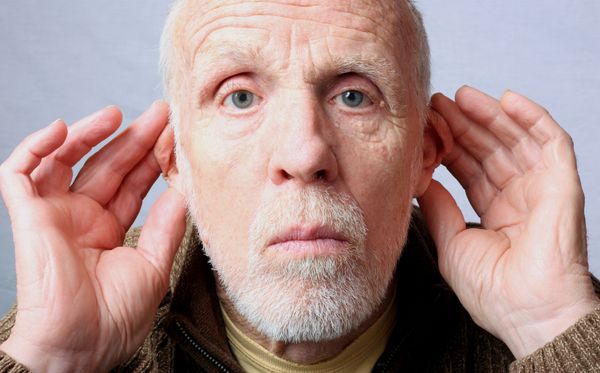It is evident that the medical model of deafness is potentially harmful and stigmatizing to deaf individuals. This model needs to be modernized to maintain a positive view of deafness and encourage hearing people to become allies. I found mixed views on the medical model, with some sources seeing it in a negative light.
One of the concerns is that the medical model attributes weaknesses to deaf individuals and assumes their autonomy is limited. This can lead to negative stereotypes and perpetuate the idea that disabled individuals are pitiable and dependent. Additionally, the "medicalization role," which can further reinforce the need for dependency and a sick role for disabled individuals.
Furthermore, the medical model of deafness is often favored by individuals who lost their hearing after already mastering spoken language, as well as those who identify as having a "hearing impairment" or being "hard of hearing." This preference may stem from the use of hearing aids or other surgeries, which align with the medical model's approach.
I agree with the research and believe that the medical model is not a modern view of deafness and should be more modernized. Deafness should be seen as an asset, a beautiful thing, and a strength, rather than a weakness. I hope that in the future the development of a modern model of deafness promotes these positive perspectives.
It's important to recognize that perspectives on the medical model of deafness can vary among individuals and communities. While some people may appreciate the support and accessibilities provided by the medical model, others may prefer alternative models that focus on the cultural and linguistic aspects of deafness, such as the social or cultural models.
In promoting a more modern view of deafness, it is crucial to listen to the diverse voices within the deaf community and engage in respectful dialogue. This can help shape models that accurately reflect the lived experiences and desires of deaf individuals while promoting inclusivity, empowerment, and the celebration of deaf culture and identity.

